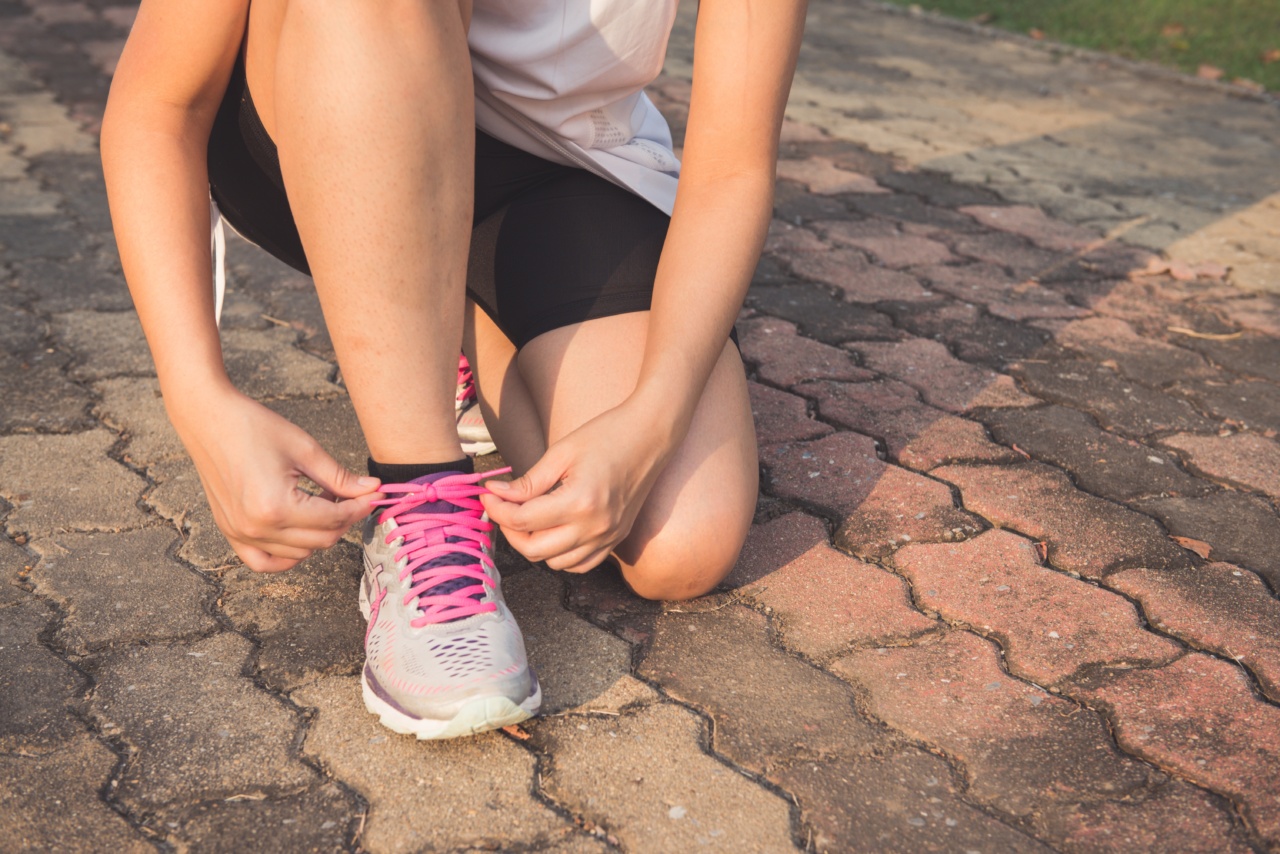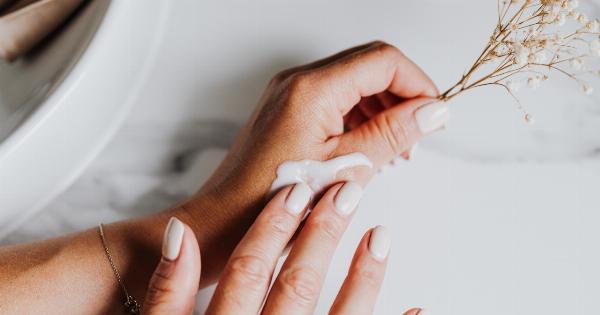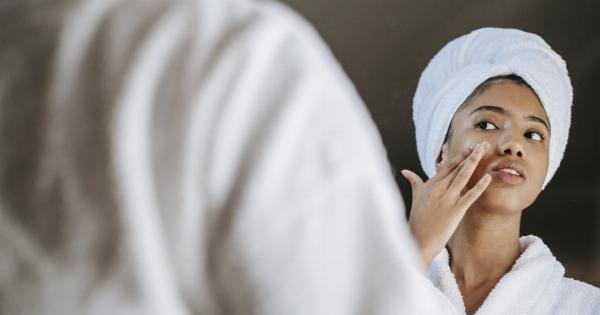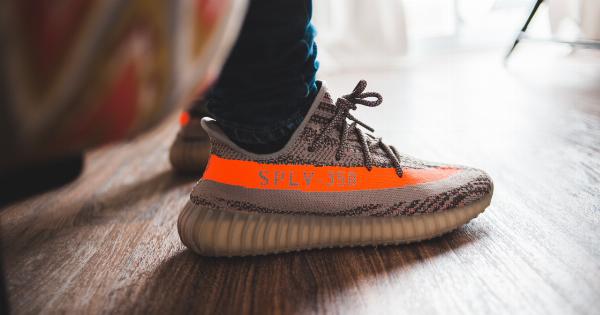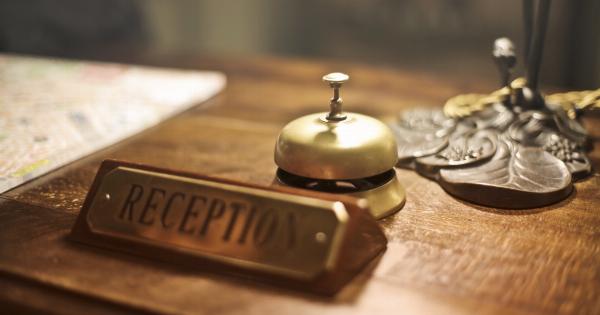When it comes to aging, most people think of wrinkles, gray hairs, and other physical changes that happen over time. However, there are many factors that can contribute to the aging process, including something as simple as your shoe laces.
Yes, you read that right – your shoe laces can have an impact on how quickly or slowly you age. In this article, we’ll take a closer look at how shoe laces can affect the aging process and what you can do to minimize their impact.
The Problem with Tight Shoe Laces
One of the main ways that shoe laces affect aging is through the tightness of the laces. When laces are too tight, they can restrict blood flow to the feet and cause a variety of problems.
For example, if you wear tight laces on a regular basis, you may develop conditions like varicose veins, which are swollen and twisted veins that often appear on the legs and feet.
In addition to varicose veins, tight shoe laces can also contribute to other foot problems like plantar fasciitis, which is inflammation of the tissue that runs along the bottom of the foot.
This condition can be incredibly painful and make it difficult to walk or stand for long periods of time.
How Loose Laces Can Help
On the other hand, if you wear your shoe laces too loose, you can also cause problems. When your shoes aren’t properly secured, your feet can slide around inside the shoes, which can lead to blisters, calluses, and other foot injuries.
Loose laces can also cause you to trip or stumble, which can be especially dangerous as you get older and your balance becomes less steady.
So, what’s the solution? The key is to find a balance between loose and tight laces. Your shoes should be snug enough to provide support and prevent your feet from slipping around, but not so tight that they restrict blood flow or cause discomfort.
Adjusting Your Laces for Maximum Comfort
If you’re not sure how tight or loose your shoe laces should be, there are a few things you can do to find the right fit.
First, try on your shoes and adjust the laces until they feel snug but not tight. Walk around in your shoes for a few minutes to see if they slip around or feel uncomfortable. If they do, you may need to adjust the laces again.
Second, consider investing in shoes with adjustable laces. Many athletic shoes, for example, come with laces that can be tightened or loosened to provide a better fit.
If you have a specific foot condition, such as plantar fasciitis, look for shoes that are designed to provide extra support.
Other Factors That Affect Aging
While shoe laces can contribute to the aging process, it’s important to remember that they are just one factor among many.
Other lifestyle choices, like diet, exercise, and stress levels, can also have a significant impact on how quickly or slowly you age.
In addition, genetics plays a role in aging, and there’s not much you can do to change your genes. However, you can still take steps to age gracefully, like staying active, eating a healthy diet, and protecting your skin from the sun.
Conclusion
Overall, shoe laces may not seem like a big deal, but they can have a significant impact on how quickly or slowly you age.
By adjusting your laces for maximum comfort and support, you can help minimize the negative effects of tight or loose laces on your feet and overall health.
